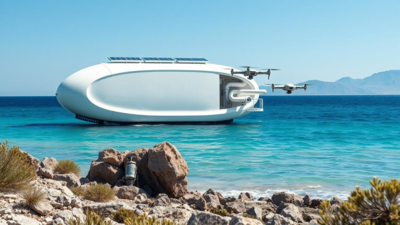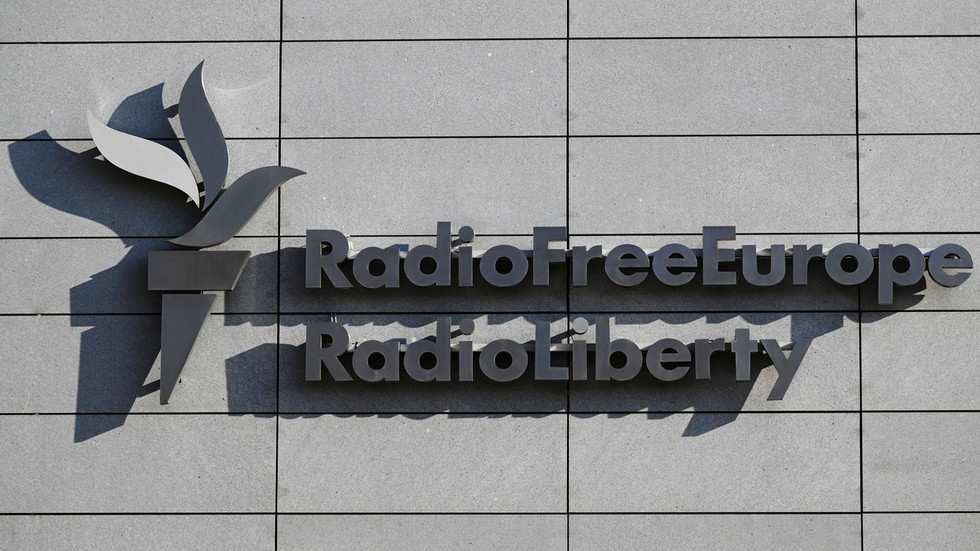
Representative Image (AI-generated)
NICOSIA: Cyprus will receive free-of-charge portable desalination plants from the United Arab Emirates to cover the tourism-reliant island nation's water needs this summer as reservoir deposits are nearly depleted, officials said Thursday.
Agriculture and environment minister Maria Panayiotou told the state broadcaster that the UAE agreed to provide Cyprus, at no cost, an undetermined number of desalination plants that will produce a combined 15,000 cubic meters (530,000 cubic feet) of potable water daily.
Panayiotou didn't disclose exactly when the units will arrive and become operational, but she said UAE authorities are aware the need is immediate as the summer tourism season kicks into high gear and water needs reach their peak.
She said the deal is the result of secret negotiations over the last few months to cover
Cyprus water needs
that became acute when a fire knocked out one of its five static desalination plants, resulting in cuts to agricultural water supply. Each onshore unit produces 235,000 cubic meters (8.3 million cubic feet) of fresh water daily.
The plant won't be back in operation until August and the portable units from the UAE will cover that lost water capacity, said Panayiotou. Technical staff are still trying to work out exactly where the portable units will be placed to maximize their utility, Panayiotou said. She didn't say when those units will be returned to the UAE.
Apart from its own desalination plants, Cyprus continues to rely on an extensive reservoir network with a total capacity of 330 million cubic meters. Water levels across the 108 reservoirs - the most relative to population than any other European country - are less than a quarter of their capacity following the second-driest winter in a decade. Reservoirs were at 47.2 per cent capacity in 2024, official figures show.
Cypriot President Nikos Christodoulides disclosed the UAE deal during an interview with local TV station ANT1, hailing the agreement as the result of Cyprus' expanded diplomatic outreach and the friendly relations it has developed particularly with the Emirates and other countries in the region.
Panayiotou said irrespective of the UAE assistance, the government's medium- and long-term planning to permanently alleviate the island's water shortages is moving ahead.
The planning includes the procurement of four additional mobile desalination plants expected to begin operating in late autumn, each capable of producing 30,000 cubic meters (1 million cubic feet) of drinkable water daily.
Another two static desalination plants will be built over the long term, each with a 140,000 cubic meter (5 million cubic feet) daily output. Panayiotou unveiled last month a government plan to subsidize construction of private desalination plants at hotels. Tourism accounts for 13.5 per cent of Cyprus' gross domestic product. Tourist arrivals last year exceeded 4 million people, setting a new record.

 4 hours ago
2
4 hours ago
2










 English (US) ·
English (US) ·